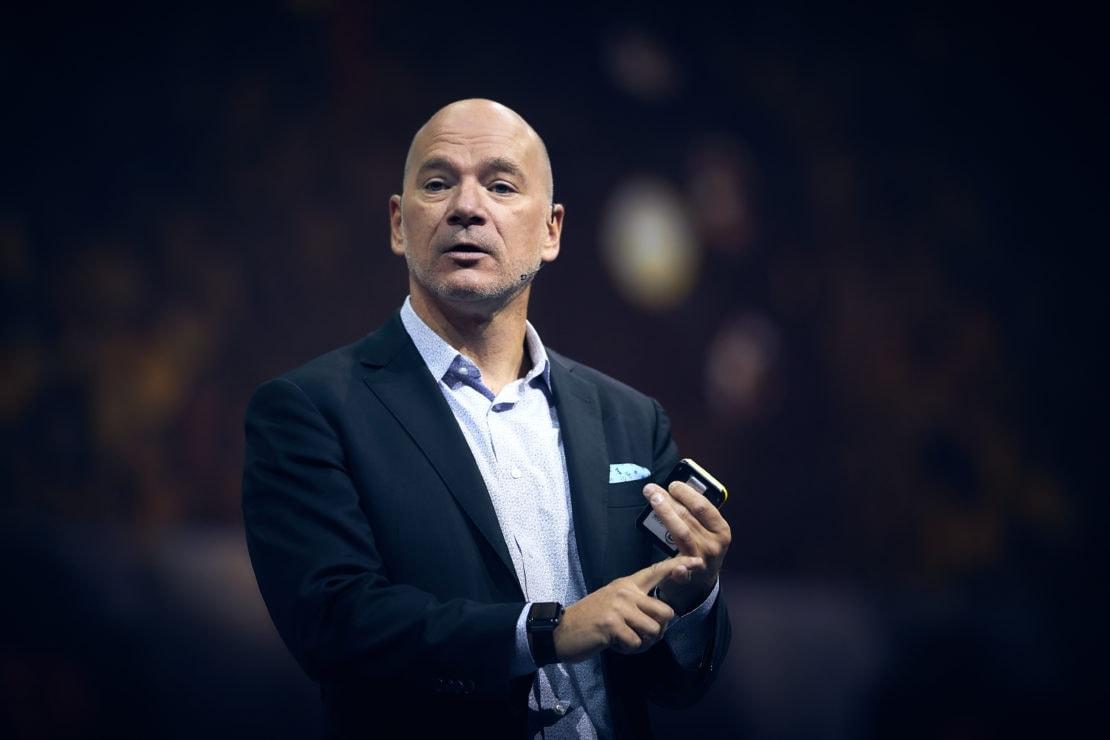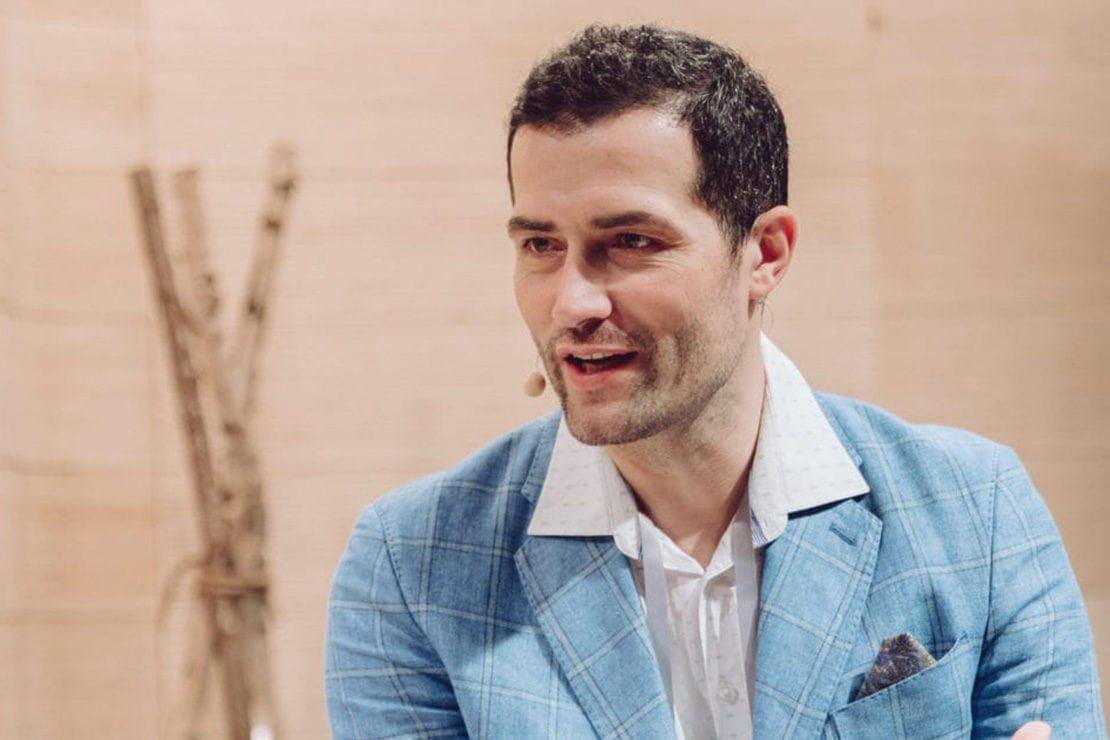27Sep2018
MIT scientist Andrew McAfee told the Nordic Business Forum 2018 in Helsinki that the most unsettling by-product of the machine-learning revolution may just be the fact that Artificial Intelligence is already better at many tasks we feel leaders excel at. Things we thought we were good at: drawing from experience, analyzing industry knowledge and showing good judgment? Well, AI is better.
McAfee gave the example of games. The very first computers quickly learned how to win every time in tic-tac-toe, but when Gary Kasparov lost a game of chess to IBM’s Deep Blue computer in 1997, McAfee said, “that was when the torch was passed”.
The best player of the ancient game of Go – the most elegant strategy game that humans have ever invented, by most accounts – was beat by Google Deep Mind technology four games to one in March 2018. McAfee said that the famous Move 37 of Game 2, when Google’s Alpha Go placed a piece on the fifth line, shocked everyone who was following the game. No Go expert would ever make this move – this is not the way humans play! And yet, Alpha Go won.
McAfee said that move revealed the potential AI has to bring deep analysis to a new level. He quoted Go champion Ke Jie, who after observing the matches, said “I would go as far to say not a single human has touched the edge of the truth of Go.”
He also quoted chess experts, who said that AI “plays chess in a third, almost alien way – like chess from another dimension”. A solution or option that AI proposes may be something that seems counterintuitive to humans, but that is no reason to discount its usefulness. The technology might be tapping into something we are not even aware of, something that is beyond the realm of human understanding, McAfee argued.
So where do humans fit into a future where AI is embraced as a development partner? McAfee assured us that all is not lost. While machine systems are excellent at pattern-recognition technology, there are other human traits that machines will never be able to surpass.
McAfee gave four examples. First and foremost, AI doesn’t have common sense. He gave the example of the ride sharing service Uber’s algorithm raising prices for rides out of the city in the midst of a 2014 terrorist attack in Australia, after noting increased demand. Uber has since recognized that it was necessary to put a person in between, to disable the algorithm in such kinds of emergency cases.
Next, unlike machines, humans have complex social skills and are great at asking questions. McAfee said that it is as Voltaire so wisely said, “Judge a man by his questions, not his answers”.
Most importantly, humans are able to partner with the machines. McAfee asked us to think of the possibilities: AI will transform language access and health care, not to mention, “slowing down the rate by which we are cooking the planet”.
But in order to utilize this potential to the fullest, humans must first recognize their cognitive biases. McAfee said that humans are plagued by fundamentally flawed decision making, often in the guise of what he called “Hippo” – the highest paid person’s opinion.
“We need to be a great deal more humble about our capabilities. And not just ideas that are better than others, but that are fundamentally different than ours,” he said.
Andrew McAfee told the crowd in Helsinki that in the grand scheme of things, it is much better to follow the evidence. We must reject our pride and “gut feelings” in favor of becoming more analytical and rational – and that is where AI can help.
Want to dive deeper into the event themes and get to know more in detail what the speakers said at #NBForum2018? Sign up for our newsletter and be the first to receive a copy of our NBForum 2018 Executive Summary to make sure you’re not missing out.


